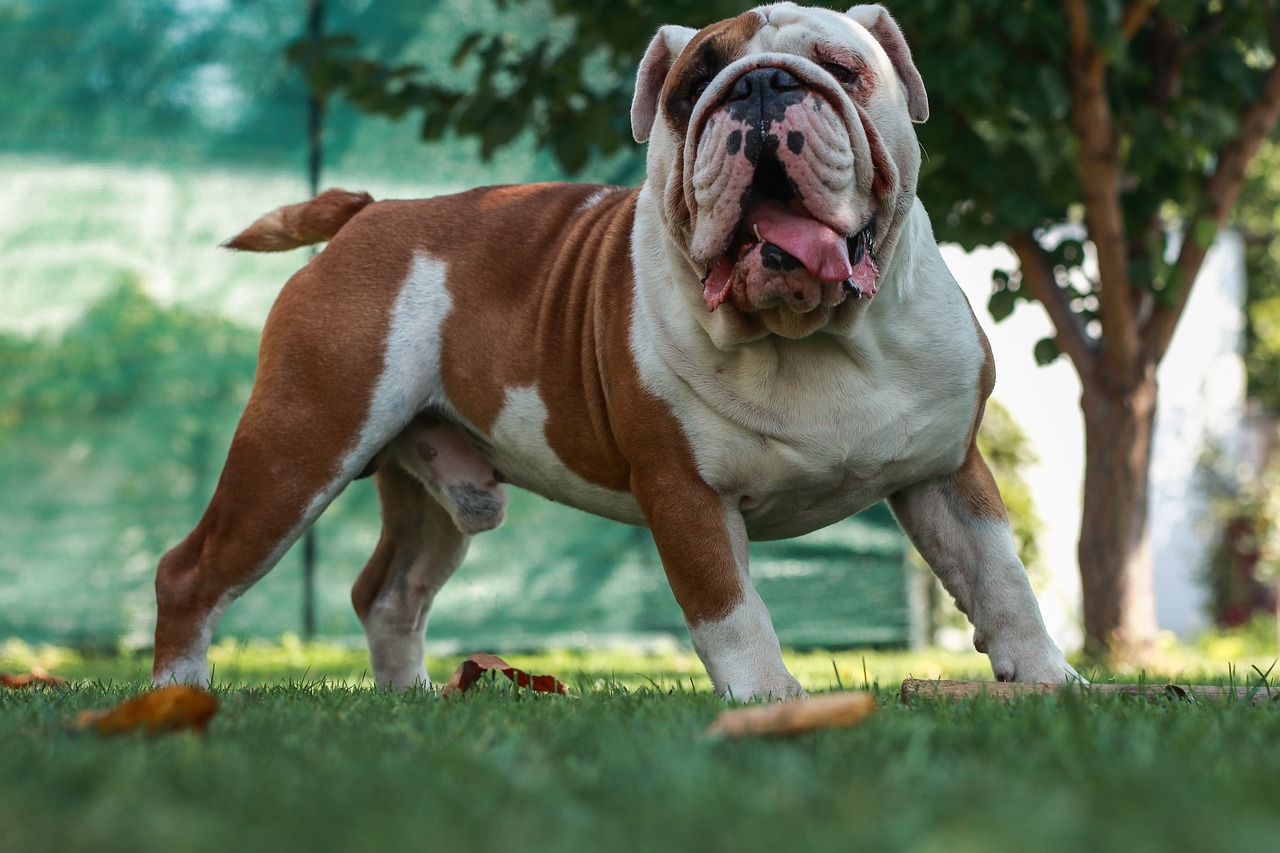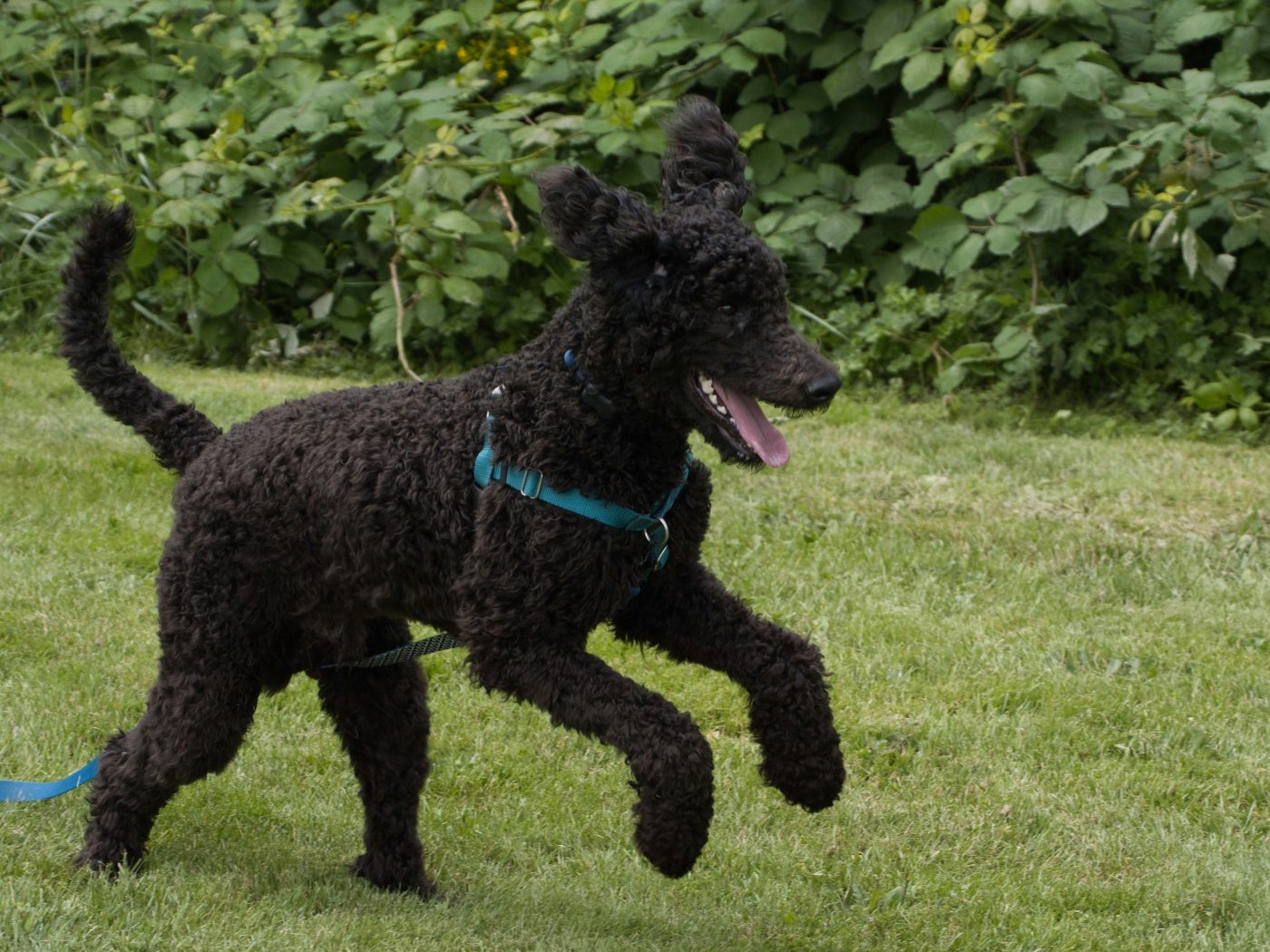Dogs, with their diverse range of breeds, come with an equally diverse array of eating habits. While most dogs will eagerly chow down on whatever is placed before them, some breeds have developed quite unusual eating habits that can leave even experienced dog owners scratching their heads. These peculiar habits can range from the way they eat their food, the types of food they prefer, to the times they choose to eat. Understanding these habits is not just a quirky aspect of pet ownership; it’s essential for ensuring that these dogs maintain a healthy diet and lifestyle. This article explores five dog breeds with the most unusual eating habits, delving into the specifics of what makes their dining etiquette stand out from the pack. From fastidious eaters to those with a penchant for the peculiar, here are the breeds that take mealtime to a whole new level.
1. Greyhound
Greyhounds are known for their sleek physique and incredible speed, but they also have unique eating habits due to their physical build. Their long necks and deep chests make bending down to eat uncomfortable and unnatural for them. Many Greyhound owners use elevated feeding bowls to help alleviate this discomfort. Additionally, Greyhounds often prefer to eat smaller meals throughout the day instead of two large meals, mirroring their grazing behavior in the wild. This breed’s sensitive digestive system also means they can be picky eaters, requiring high-quality food to avoid gastrointestinal issues.

2. Shih Tzu
Shih Tzus, with their royal lineage, often display an aristocratic demeanor towards their food. They can be very particular about what they eat, turning their noses up at kibble if it’s not to their liking. Some Shih Tzus may also exhibit a preference for being hand-fed, enjoying the extra attention and interaction during mealtime. Their small size and brachycephalic (flat-faced) nature mean they can have difficulty picking up food, leading to a preference for softer, easy-to-eat meals. Owners may need to experiment with different food types and serving methods to keep them happy and healthy.

3. Dalmatian
Dalmatians have a unique urinary system that makes them prone to forming urinary stones, influencing their dietary needs and eating habits. They require a special diet low in purines (found in certain meats and other foods) to prevent health issues. Dalmatians often need a carefully curated diet that may seem unusual compared to other breeds, including a higher intake of vegetables and grains. Monitoring and managing their water intake is also crucial, as staying hydrated helps prevent stone formation, adding another layer to their distinctive eating habits.

4. Bulldog
Bulldogs are known for their lovable, laid-back nature, but they also have some of the most unusual eating habits. Their brachycephalic facial structure makes it difficult for them to chew and breathe simultaneously, leading to a preference for wet food or kibble that’s easy to swallow without much chewing. Bulldogs are also notorious for eating too quickly, which can cause indigestion and gas. Special slow-feed bowls are often used to encourage them to eat more slowly, helping to mitigate these issues. Despite their sometimes troublesome eating habits, Bulldogs usually maintain a hearty appetite.

5. Poodle
Poodles are highly intelligent and can exhibit some unique behaviors around food. They are known to be picky eaters, often preferring a varied diet to keep mealtime interesting. Poodles may also exhibit a quirk of carrying their food away from their bowl to eat it somewhere else, a behavior that harks back to their ancestral instincts. Ensuring a poodle remains engaged and interested in their food can require creativity from their owners, such as introducing puzzle feeders or changing up their diet regularly. Despite their peculiar habits, maintaining a balanced diet is key to keeping them healthy and satisfied.

These five breeds highlight the fascinating diversity within the canine world, not just in terms of appearance and temperament, but also in how they approach the fundamental act of eating. Understanding and accommodating their unique needs can help foster a happier, healthier life together.
 Toledo, United States.
Toledo, United States.
